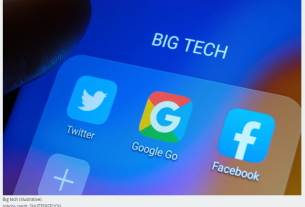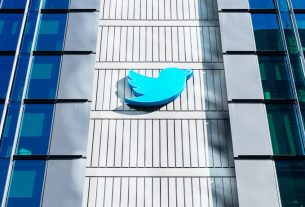In 2023, the professional networking giant underwent a remarkable transformation, morphing into a surprisingly potent force in the digital advertising arena. As its rival platform, X, grappled with controversy and an exodus of big brands, LinkedIn quietly seized the opportunity, witnessing a surge in demand and ad prices soaring up to 30%.
This wasn’t just a blip on the radar. This year, LinkedIn hit a major milestone, reaching one billion users — a testament to its growing appeal beyond the realm of job seekers and recruiters. But what propelled this unexpected advertising boom? Here are some key factors:
1. The Great X Exodus: As X became embroiled in a series of controversies, major brands like Apple, Disney, and Walmart fled the platform in droves. This created a massive vacuum in the B2B advertising landscape, and LinkedIn was perfectly positioned to fill it.
2. Content is King (and Queen): Recognizing the shift in user behavior, LinkedIn pivoted towards a more content-driven approach. It fostered a thriving community for sharing career advice, executive insights, and thought leadership. This not only attracted a more engaged user base but also created a fertile ground for targeted advertising.
3. Precision Targeting: Unlike X, which relies heavily on personal data, LinkedIn leverages its unique database of professional information. This allows marketers to target their B2B campaigns with laser-like precision, reaching specific job titles, companies, and even seniority levels.
4. Return on Investment: The results speak for themselves. Marketers report seeing up to a 20% return on investment for their LinkedIn campaigns, highlighting the platform’s effectiveness in reaching the right audience with the right message.
This ad-fueled growth story shows no signs of slowing down. Research firm Insider Intelligence predicts that LinkedIn’s annual advertising revenue will jump by another 14.1% in 2024, reaching a staggering $4.5 billion. The platform is also expanding its reach beyond its walls, testing new ways to target users with LinkedIn data on connected TV apps like Roku and Hulu.
Of course, challenges remain. High ad costs and stiff competition from established players like Google and Meta are hurdles that LinkedIn must overcome. But with its laser focus on professional audiences, a thriving content ecosystem, and powerful targeting capabilities, LinkedIn has established itself as a force to be reckoned with in the ever-evolving world of digital advertising.
The next year will be crucial for LinkedIn to solidify its newfound position. Can it sustain its momentum and attract even more brands to its platform? Can it effectively address concerns about ad costs and privacy? Only time will tell, but one thing is certain: LinkedIn is no longer just your grandfather’s job board. It’s become a content and ad powerhouse, and it’s here to stay.
So, keep your eyes peeled on LinkedIn in 2024. It promises to be an exciting ride for marketers and users alike. And who knows, maybe in a few years, you’ll be catching up with colleagues and clients over virtual cocktails in LinkedIn’s metaverse. The possibilities are endless.


